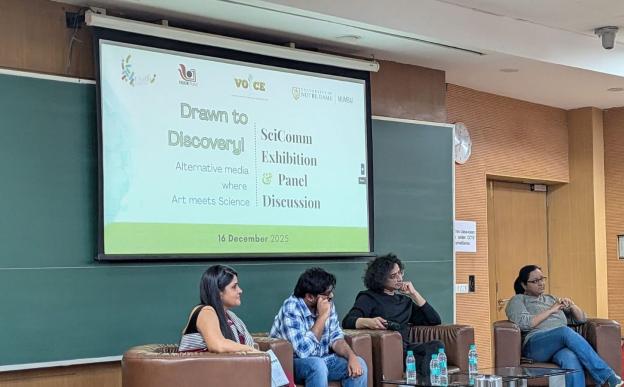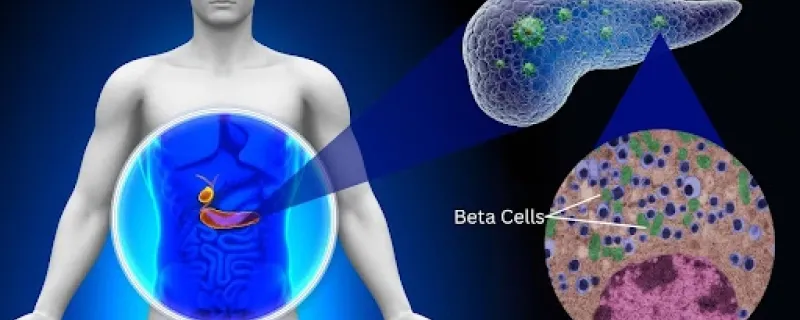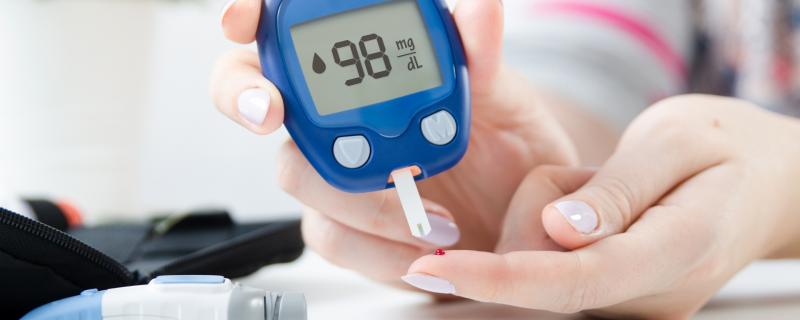Diabetes is a metabolic disorder where the body does not produce or effectively use the hormone insulin, resulting in elevated levels of glucose in the blood. Monitoring the amount of blood glucose can aid effective diagnosis, treatment, and access to quality healthcare management to diabetic patients. One of the ways to monitor blood glucose is through commercially available biosensors. Although such a test can be done at home at any time, there is a growing need to have pain-free alternatives. Hence, researchers are exploring glucose biosensors that do not need so much blood and are reliable, accurate, biodegradable, biocompatible and user-friendly. In a recent study, published in the journal Scientific Reports, researchers at the Indian Institutes of Technology Indore and Bombay, have developed one such sensor.


